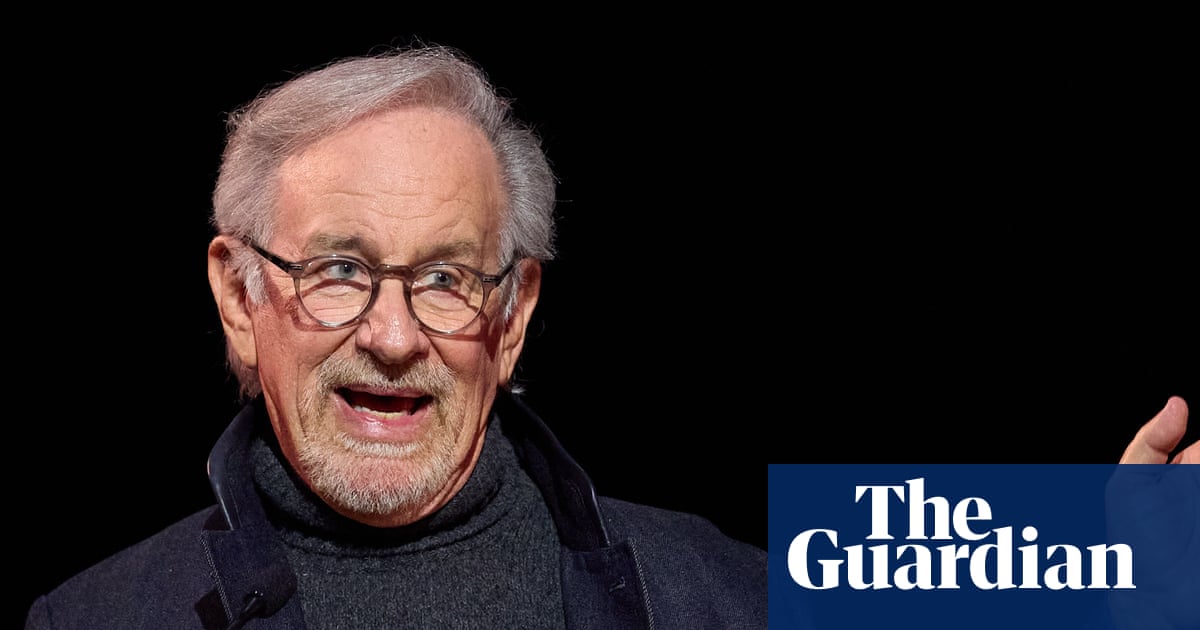It must be so galling for an actor to be blessed with just the right face for one kind of part. Galling for good actors anyway. Pretty sweet for the others – “You need a face someone would definitely kill for? Put this useless hunk/babe in there and just move the scenery round them.”
Matthew Goode is, nomenclaturally and otherwise, one of the former, but cursed with a face best described as “modern patrician” and has therefore been the first port of call for just about every period drama there has been for the last 20 years. He’s been in everything from Brideshead Revisited (as Charles Ryder) on the big screen, to Downton Abbey (Henry Talbot) and The Crown (where at least he got to play that bounder Lord Snowdon) on the small one. Judging by the relish with which he seizes the chance to play contemporary and ignoble in his new outing, the psychological thriller Dept Q, he must have been going quietly mad with frustration throughout.
Goode takes the part of detective Carl Morck in this excellent adaptation by Scott Frank (The Queen’s Gambit, plus innumerable hit films as a credited writer or uncredited rewriter) of the Danish crime novelist Jussi Adler-Olsen’s bestselling series of the same name. Morck may have a flair for the job, but he is a terrible man and colleague. After his ceaseless arrogance gets a young uniformed officer killed, and his own partner paralysed by a bullet that then passes through Morck’s own neck, he is put on long-term leave and must wrestle, possibly for the first time in his egocentric life, with the idea of his mortality. This is accompanied with a rising guilt that he fights every step of the way; watching the latter perfuse his soul as the nine episodes unfold is at least as compelling as the dense, twisty, cleverly structured and hideous plot playing out above it.
When Morck returns unwelcomed to work, he is assigned to head a new department (the Q of the title). It is set up to investigate cold cases, in the hope of providing good optics for the troubled Edinburgh police force (granite and gothic are subbed in for snowy Nordic bleakness, which works a treat) while they work on unyielding new ones, including the search for Morck’s attacker. His new office is located in the dank, grimy basement beneath the station, so that’s Morck told. Oh, and he also turns out to be the entire department, as his boss allocates its supposed funds to the cash-strapped officers above ground.
Gradually, he assembles a motley crew to help him. It includes: cadet Rose (Leah Byrne), recovering from a breakdown and hoping get away from the desk duty she has been given; Morck’s partner DI James Hardy (Jamie Sives), operating from his hospital bed; and Syrian refugee and former police officer Akram Salim (Alexej Manvelov), who picks their first case – the disappearance four years ago of ambitious young advocate Merritt Linguard (Chloe Pirrie). For the audience, her story – which I think stays the right side of voyeuristic, though it is occasionally a close call – runs in parallel to the main, though the claustrophobic may have to watch some of it through their fingers.
It is all fantastically well, and rigorously, done. The pacing has a leisurely confidence that some may find a touch slow, but allows for a character-first approach, creating a richness that amply rewards initial patience. Soon, we are immersed in a narrative that involves a missing necklace, a brutal historic beating, the perils of isolated village life, urban horrors and institutional failings ranging from simple incompetence to outright corruption. Plus a plentiful dash of the mental, emotional and physical suffering human beings are capable of inflicting on one another, in the name of love, revenge or just for the sheer fun of it.
The performances – which also include Mark Bonnar as Linguard’s unsettling boss and Kelly Macdonald as Morck’s unfortunate but mandated police therapist, Dr Irving – are all first rate. (Goode, as the bearded, gaunt, increasingly haunted detective, is the blackly shining centrepiece.) The script is sharp and lean, and especially good at channelling Morck’s spitting sarcasm. Writers Chandni Lakhani and Stephen Greenhorn enable the audience to thrill to his keen and ever-whetted edge while also making us sympathise with the colleagues who would rejoice to see him head over the side of the same ferry from which Linguard supposedly fell. A slightly harrowing treat, but a treat all the same.
-
Dept Q is on Netflix

 3 months ago
132
3 months ago
132

















































